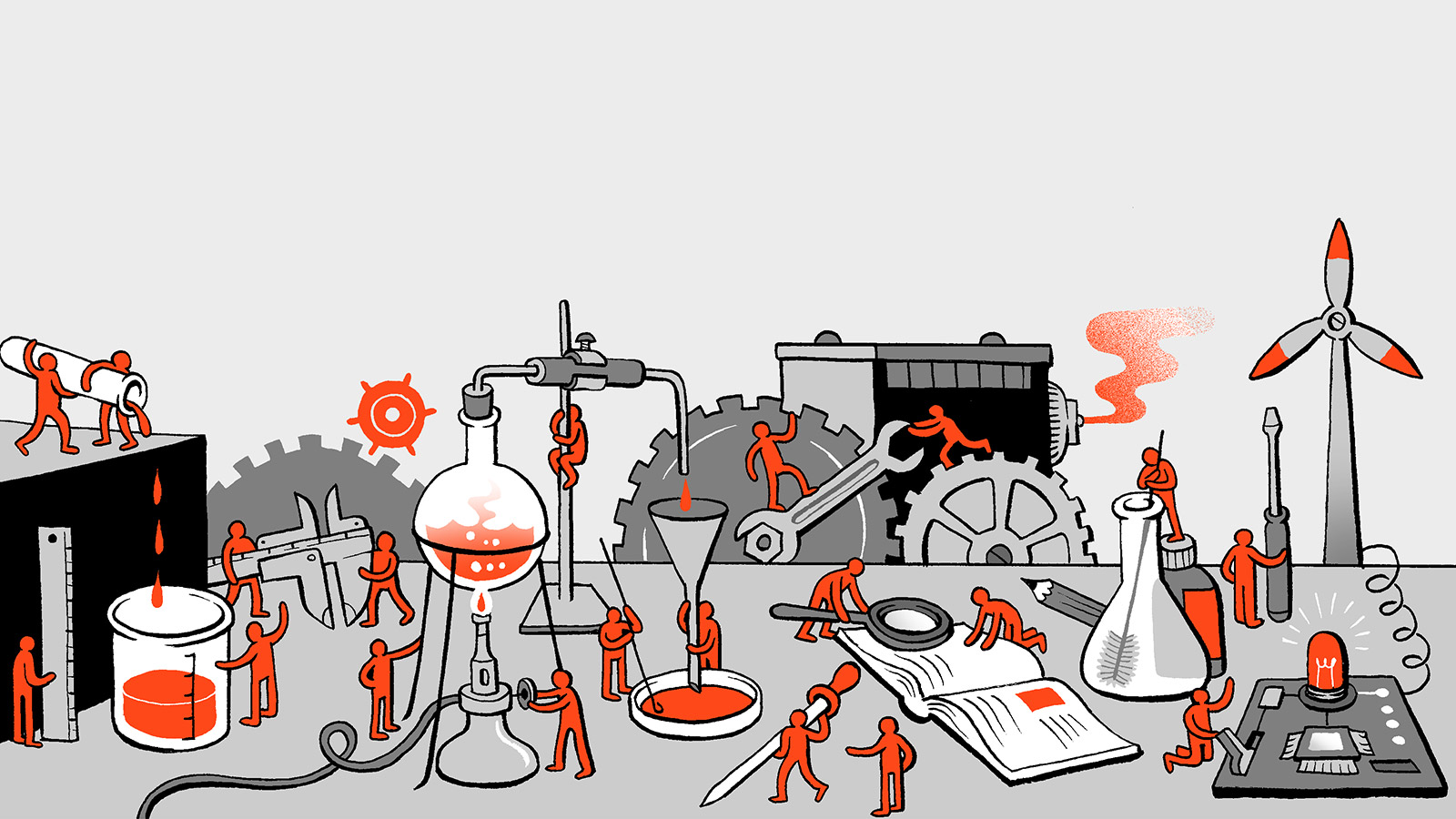Intense concern over rapid rates of world population growth burst into the mass media and public consciousness in the late 1960's with the publication of Ehrlich's The Population Bomb and the Meadows' Limits to Growth. The impact of these studies upon the public lay in their bold assertiveness and attractive...
Tag - economic analysis
In the last few years, a sizeable movement has sprung up which criticizes the technology of the economically advanced countries, and which is trying to develop and build “alternative technologies”. The Magazine General Meeting (the bi-monthly meeting of the Boston Chapter to evaluate the magazine) urged that Science...
The following is an adaptation by the editorial committee of a pamphlet — “Academics in Government and Industry” by Charles Schwartz. 800 years ago, at the University of Bologna in Italy, professors had to obtain permission from their students and post bond in order to leave town on private business. No such...
Two-thirds of the world's population is malnourished and many people are starving this year. It is commonly assumed that a country does not produce enough food only if it cannot. If it were possible, the food would obviously be raised. Three reasons are generally given for widespread hunger: (a) A country's farmers...
The purpose of this analysis is to explore the relationship which the less developed countries (LDC) have with the United States, Europe, and Japan concerning technological dependence. This dependence, engendered by the patent system along with the sale and distribution of technology by transnational corporations...
The prescription drug industry, with the complicity of protecting and supporting institutions of its corporate capitalist complex; the government and the FDA, the doctors and the AMA, the advertising media, has made the technology of drugs and health care a destructive one, a technology designed to promote the best...
The following is a commentary on a feature appearing in the magazine Science and dealing with the population policy of Japan. Since World War ll Japan has made extensive use of abortions which have been promoted and encouraged by the national Eugenic Protection Law passed in 1948. In this way Japan has curbed its...
Since Nixon announced his new economic program, the American left has been searching for an effective response. In its reaction to the program and the underlying economic crisis, the left has not yet escaped some of its most familiar failings. On the one hand, many radicals cling to an image of cataclysmic economic...
The details are now well known to everyone. Government military spending is large enough so that variations in it can provide economic stabalization. (Increases in government spending usually come conveniently enough in the areas of arms, while cutbacks are made in the less profitable realm of non-destructive items...
The Raytheon Company is the biggest military producer in Massachusetts, and in 1969 was the 11th biggest in the nation. Raytheon is also the largest employer in the state. Early last year the company employed over thirty thousand in the greater Boston area alone. Raytheon does much more military work in Massachusetts...


